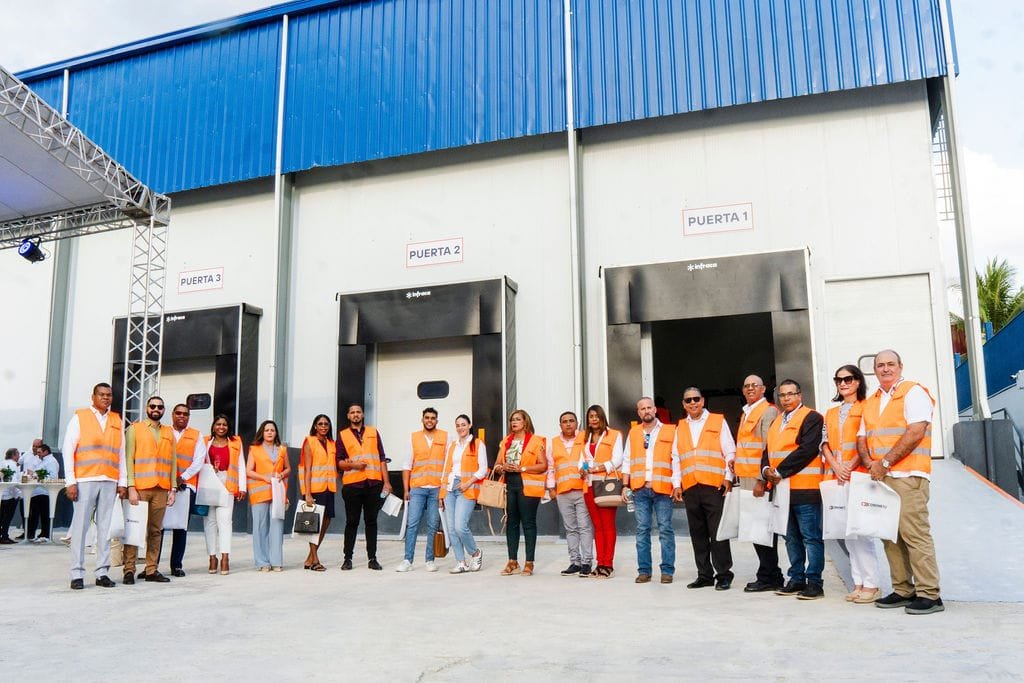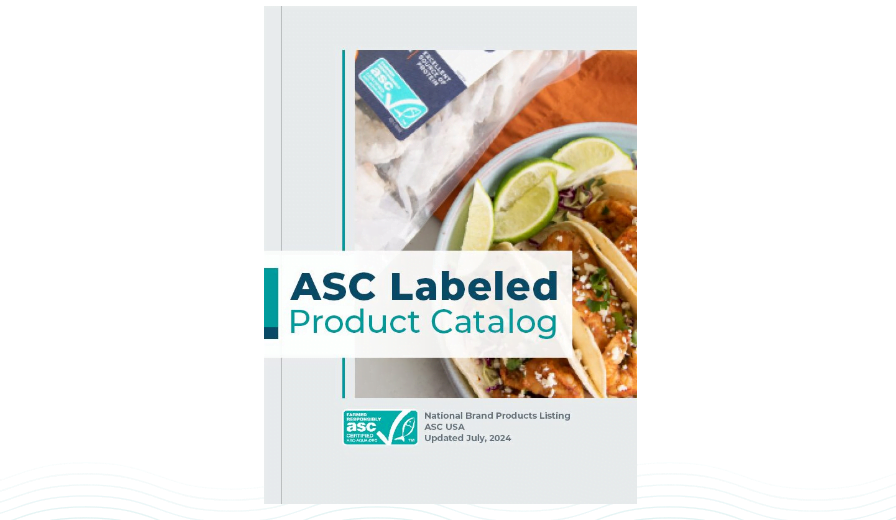TNC Indonesia Collaborates with 12 Companies to Save the Indonesian Snapper and Grouper Fishing Industry

TNC Indonesia Collaborates with 12 Companies to Save the Indonesian Snapper and Grouper Fishing Industry
By Hariyanto, Industry.co.id
INDUSTRY.co.id – Jakarta – The Nature Conservancy (TNC) of Indonesia launched the Comprehensive FIP (Fisheries Improvement Project) for the Indonesian snapper and grouper fishing industry along with twelve fishing companies representing fishermen, local distributors and exporters.
This collaboration with the private sector is carried out to overcome problems in fisheries management in Indonesia.
In an effort to save the business of US $ 1 million in Indonesian sea-snapper and grouper fisheries, a coalition of domestic and international companies has joined The Nature Conservancy to maintain an industry with more than 100,000 workers and support millions of people throughout world.
Companies that have approved the Fish Improvement Program (FIP) are Anova Food, LLC; PT. Bahari Biru Nusantara; CV. Bali Sustainable Seafood; Beaver Street Fisheries, Inc. ; PT. Graha Insan Sejahtera; PT. Bright Star Charisma; PT. Manage the Archipelago Sea; LP Foods Pte Ltd. ; Netuno USA Inc .; Norpac Fisheries Export LLC; PT. Solusi Laut Lestari and PT. Nusaindo Natural Results Success.
“Traditional fishermen are the backbone of fisheries. About 70 percent of Indonesian fishermen depend on these livelihoods to support their families, “said TNC’s Fisheries Program Director Dr. Peter Mous in Jakarta, Wednesday (08/14/2019).
“Working closely with the seafood logistics network and the industries involved, we can develop strong management and maintain a sustainable industry for fishermen who rely on the fishing industry,” he said.
FIP is collaborating with twelve companies representing fishermen, local distributors, and exporters from the private sector to overcome problems in fisheries management in Indonesia.
In this launch, the partners discussed their commitment to not only avoid buying fish that were not yet mature, but also to discuss a long-term plan to monitor catches and establish a credible compliance system. This is needed to meet the requirements of sustainable fisheries standards, such as the Marine Stewardship Council (MSC) certification.
“The American government is proud to support a comprehensive effort to strengthen sustainable fisheries management in Indonesia,” said Environment Office Director of the US Agency for International Development (USAID) Matthew Burton.
Through the Supporting Nature and People-Partnership for Enduring Resources (SNAPPER) program, continued Burton, his party supports the Indonesian government in developing sustainable fishing strategies and helping the private sector obtain MSC certificates for snapper and deep sea grouper fisheries.
“These steps can stabilize the fishing industry in the long run, provide opportunities for consumers globally to obtain sustainable seafood from Indonesia and maintain livelihoods for the people of Indonesia,” he said.
“The development of this partnership is an important step towards achieving sustainable fisheries in Indonesia and we hope that more companies will join this program to ensure the future of the snapper and grouper fishing industry,” added TNC Executive Director Rizal Algamar.
At present, there are around 80 FIP projects around the world, from tuna in the Indian Sea to lobsters off the coast of Nicaragua in the Caribbean. FIP is assessed periodically based on the progress of achievements, from Very Developing / Advanced (A) to Invisible / Inegligible (E).
The latest FIP initiative guided by TNC in collaboration with partners is part of projects funded by various institutions such as USAID / Indonesia, the Walton Family Foundation, and the Packard Foundation to create a sustainable fishing industry.
This project is carried out under a Memorandum of Understanding (MoU) with the Ministry of Maritime Affairs and Fisheries of the Republic of Indonesia. The program also works with various national and provincial level institutions to design management plans and capture strategies.
Original story on Industry.co.id »






